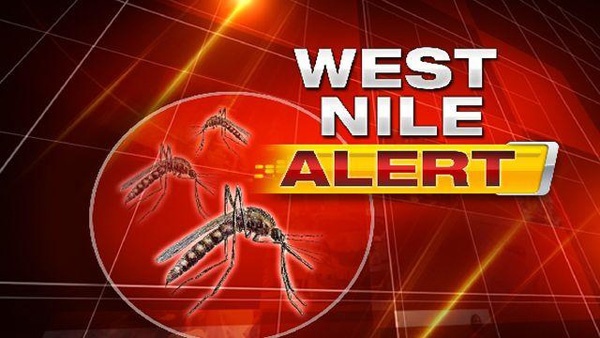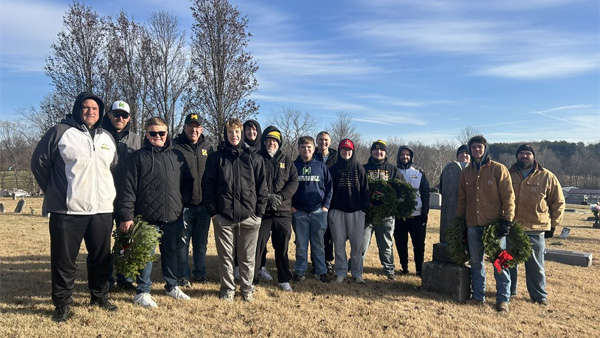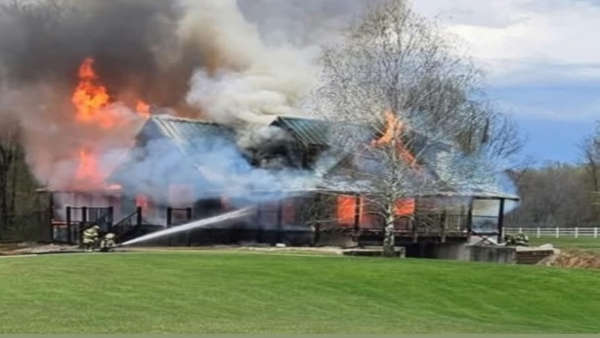It is the first human case in the county this year.

(Hamilton County, Oh.) - The first human case of West Nile Virus has been detected in Hamilton County.
Hamilton County Public Health says a 63-year-old man from Lockland has been the first person in the county diagnosed with West Nile this year.
The viral disease impacts the central nervous system and can be transmitted to humans by mosquitoes. Although most people who contract the illness never become sick, but it can lead to mild or serious symptoms in a few. People over age 50 have the highest risk of developing severe WNV infections
Health Commissioner Tim Ingram says West Nile had previously been detected in mosquitoes in several areas of the county.
“Because humans only become infected when bitten by an infected mosquito, it is important that we all take action to protect ourselves and our property from mosquitoes. We are heading into a holiday weekend with outdoor activities and fall sports, so now is the time to take protective steps,” Ingram adds.
Hamilton County Public Health recommends residents do three things to help prevent the spread of West Nile Virus:
DRAIN
- Look for and drain sources of standing water on your property – litter, tires, buckets, flower pots, wading pools and similar items that could create standing water and become mosquito breeding sites.
- Frequently change water in bird baths and pet bowls.
- Drain small puddles after heavy rainstorms.
DUNK
- Apply mosquito larvicide, sometimes called mosquito “dunks,” to areas of standing water that cannot be drained. The “dunks” are environmentally safe and won’t harm pets. You can purchase them at your local hardware store.
PROTECT
- Cut your grass and trim shrubbery.
- Make sure screens in windows and doors are tight-fitting and free from defects.
- Wear long sleeves and pants during peak mosquito hours – dawn and dusk.
- Use an EPA-registered insect repellent such as those containing DEET, picaridin or oil of lemon eucalyptus. Always follow the directions on the package.

 RCCF Named Top Group in Indiana by Wreaths Across America
RCCF Named Top Group in Indiana by Wreaths Across America
 Braun Signs Nine Executive Orders Aimed at Making Indiana Healthier
Braun Signs Nine Executive Orders Aimed at Making Indiana Healthier
 Ivy Tech Lawrenceburg Unveils Names Manufacturing Tech Center After Retiring President
Ivy Tech Lawrenceburg Unveils Names Manufacturing Tech Center After Retiring President
 Ohio Valley River Cats 20th Annual Catfish Tournament Registration Underway
Ohio Valley River Cats 20th Annual Catfish Tournament Registration Underway
 Delaware Area Home Damaged in Fire
Delaware Area Home Damaged in Fire
 Gov. Braun to Sign Senate Bill 1 Into Law
Gov. Braun to Sign Senate Bill 1 Into Law











